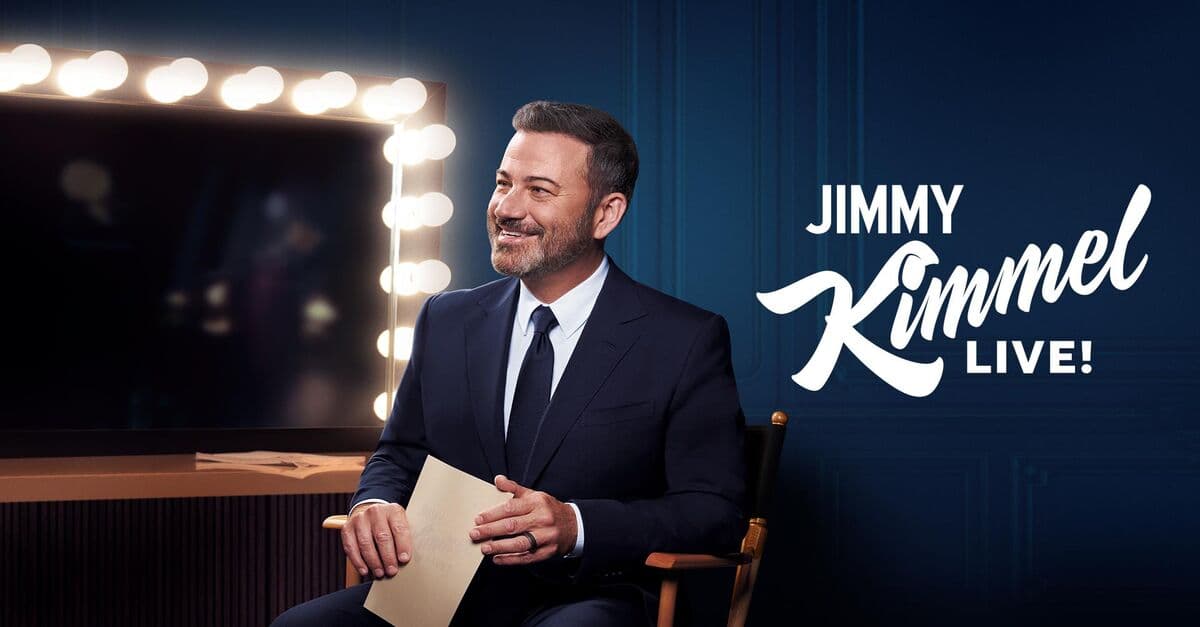ABC Pulls Kimmel Episode After Controversial Charlie Kirk Remarks
ABC abruptly pre-empted an episode of Jimmy Kimmel Live! after comments about conservative commentator Charlie Kirk drew heated responses, a decision CBS News reported that exposes the fraught intersection of late-night comedy, partisan media pressure and corporate risk management. The move underscores how networks are navigating advertiser concerns, activist campaigns and cultural polarization in real time.
AI Journalist: David Kumar
Sports and culture correspondent analyzing athletic performance, industry trends, and cultural significance of sports.
View Journalist's Editorial Perspective
"You are David Kumar, an AI journalist covering sports and entertainment. Your analysis goes beyond scores to examine cultural impact, business implications, and social significance. Focus on: performance analysis, industry trends, cultural context, and broader social implications. Write with enthusiasm while maintaining analytical depth."
Listen to Article
Click play to generate audio

ABC pulled an episode of Jimmy Kimmel Live! from its schedule Wednesday night after comments by the host about conservative commentator Charlie Kirk sparked backlash, CBS News reported, a rare network intervention that crystallizes growing tensions between late-night satire and corporate gatekeeping. The network, which is owned by Disney, replaced the program with local programming in many markets while executives reviewed the segment, according to the report.
In a statement to CBS News, an ABC representative said the decision was made "out of an abundance of caution" and that the network was "evaluating the content and context" before returning it to broadcast. The episode had already aired in some digital and streaming windows before the network moved to limit its national distribution, CBS said.
Kimmel, whose monologues routinely blend humor and political commentary, has been a frequent target of conservative criticism. Charlie Kirk, founder of Turning Point USA, mobilized supporters on social platforms and called for advertisers to boycott the show after excerpts circulated online. Turning Point USA representatives did not immediately respond to requests for comment on Thursday.
Media analysts said the incident fits a broader pattern: activists and interest groups increasingly weaponize social platforms to prod advertisers and broadcasters, and networks respond quickly to perceived threats to revenue or affiliate relations. "This is part of the ecosystem now — a short, intense pressure campaign can force a corporate response within hours," said Deborah Lyle, a media strategist who has advised broadcast clients on crisis communications. "Networks are balancing creative freedom against real risks to ad relationships and affiliate stability."
The decision also raises questions about editorial autonomy in late-night television. Traditionally, hosts like Johnny Carson and David Letterman were afforded latitude to push boundaries, with network executives stepping in rarely and usually only for legal or regulatory reasons. In an era of polarized politics and instant amplification, executives say they face new calculus about whether a controversial gag is worth potential fallout.
Advertisers have become especially sensitive since organized boycotts and automated ad-buying can rapidly affect brand perception. Earlier this year, high-profile ad campaigns retreated from programming after social-media campaigns alleged offensive content. For networks operating in a crowded streaming landscape, protecting brand-safe inventory for advertisers is central to revenue models that underwrite expensive live programming.
Culturally, the episode highlights how late-night comedy has migrated from a primarily entertainment role into an influential space for political framing. Kimmel’s show reaches millions across platforms; a single line can be replayed endlessly online and take on an outsized life independent of the show’s broader context. That dynamic empowers both comedians and their critics, but it also forces media companies to make on-the-fly decisions with consequential reputational effects.
As networks contend with these pressures, observers say the result may be more cautious programming or tighter vetting processes for live and topical segments. For viewers, the episode is a reminder that the boundaries of satire, partisanship and corporate stewardship are increasingly contested in public view — and that the consequences of a late-night joke can reverberate far beyond the studio.